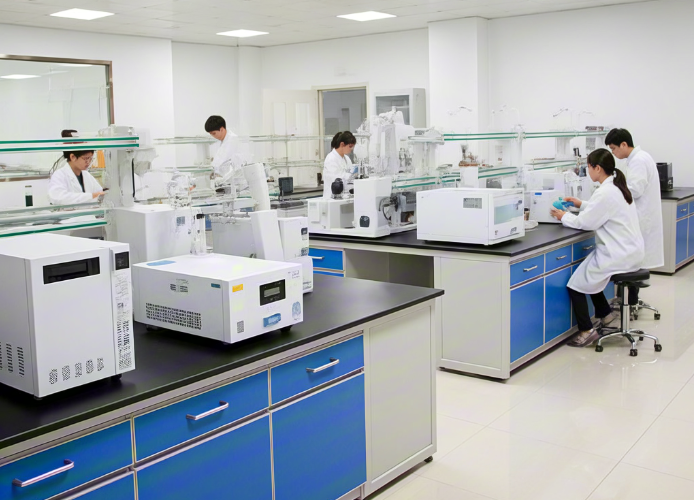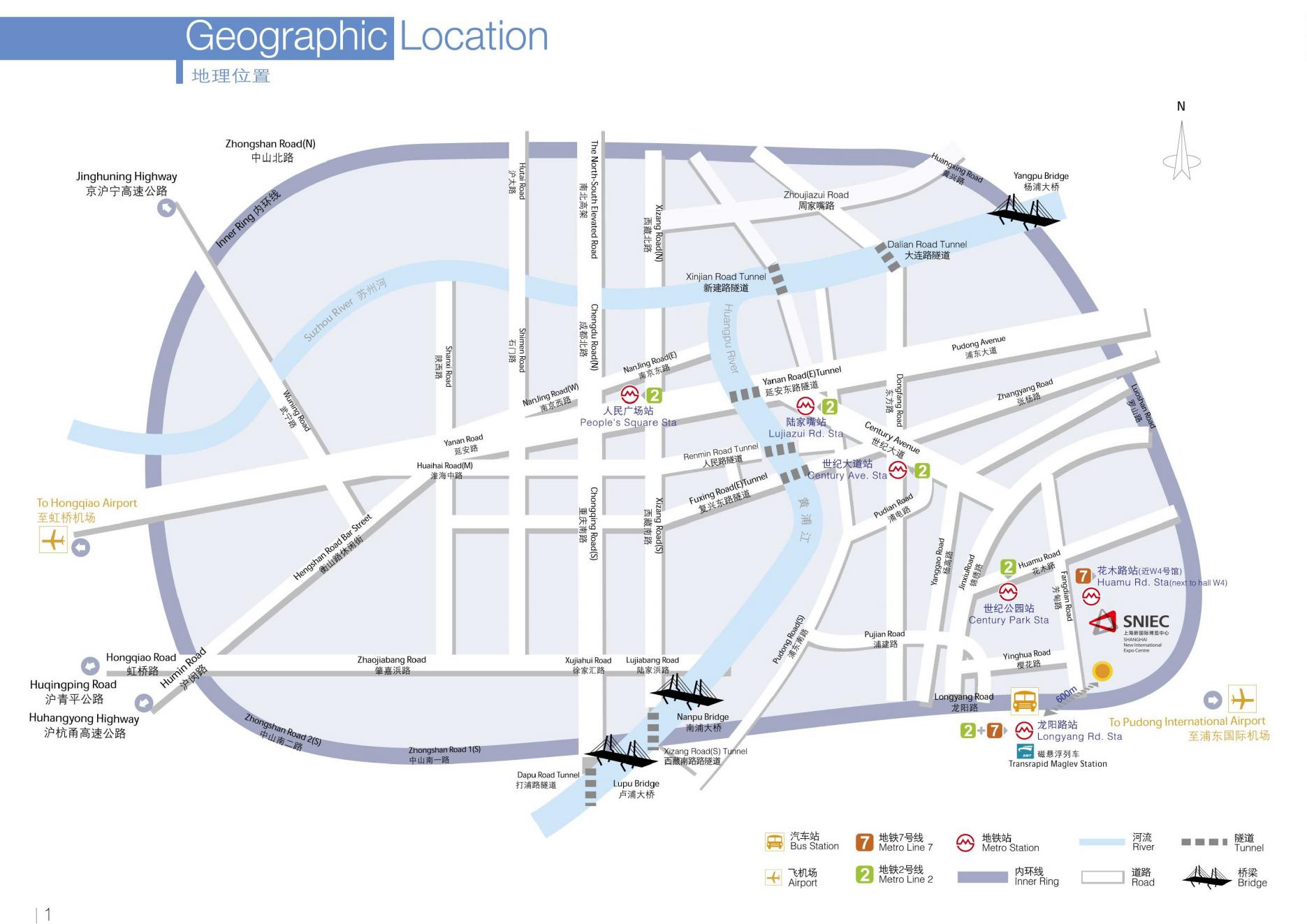In today's scientific research, laboratories are facing unprecedented challenges: shrinking research budgets, government funding cuts, and increasingly stringent compliance requirements. Against this backdrop, Gnosko has provided laboratories with a new path out of the predicament with its innovative RFID-integrated Chain of Custody (CoC) platform.
Gnosko's RFID-integrated Chain of Custody platform, with RFID-based real-time visibility at its core, brings unprecedented automated tracking capabilities to laboratories. The platform not only simplifies the process of sample handover, frozen registration, and custody activities, but also completely eliminates the need for manual record keeping through passive RFID technology, significantly reducing the risk of specimen loss or mishandling. This innovation not only improves laboratory efficiency, but also sets a new benchmark in compliance.
Faced with the financial pressure of laboratory digital transformation, Gnosko has taken a bold and thoughtful move: when customers purchase laboratory products directly through the company, the RFID-integrated Chain of Custody platform will be provided free of charge. This model effectively eliminates the financial barriers to laboratory digital transformation, allowing even laboratories with limited resources to easily obtain the convenience of automation. This cost-effective solution has undoubtedly injected new vitality into the sustainable development of laboratories.
Gnosko understands the urgent need for laboratories to quickly deploy solutions, so it provides plug-and-play hardware kits. Pre-configured RFID readers, tags, and dashboards enable laboratories to complete deployment in a few days, rather than the months required for traditional solutions. This efficient and convenient deployment method allows laboratories to quickly enjoy the benefits of automation.
All those who have used it say it’s good
The intelligent traceability of the Gnosko platform is a highlight. The digital custody chain ledger function ensures the searchability and security of all sample information, while complying with multiple international regulatory standards (such as 21 CFR Part 11, GxP, GMP, CLIA, and ISO 17025). The cold chain monitoring function provides all-round protection for samples by tracking moisture, temperature, and humidity in real time through RFID sensors. The inventory automation function allows laboratories to understand the storage, use, and location of samples in real time, greatly improving management efficiency.
Gnosko's RFID integrated custody chain platform performs well in improving laboratory work efficiency and safety. According to actual cases, after using the platform, freezer audit time was reduced by 80%, and 100% custody traceability was achieved across multi-site workflows. At the same time, the platform can also issue real-time alerts for missed or improper custody transfers, ensuring seamless connection of the scientific research process. These significant value improvements have undoubtedly enhanced the laboratory's competitiveness in the field of scientific research.

Gnosko's RFID-integrated chain of custody platform not only meets the needs of current laboratories, but also looks to the future. Suitable for a variety of scenarios such as research laboratories, CROs, biobanks and forensic institutions, the platform can provide a scalable and cost-neutral path forward regardless of the number of samples managed. Gnosko sincerely invites organizations from all walks of life to explore pilot projects and customized deployments to work together to create a new future for resilient laboratories.
Advantages of RFID in laboratory digital transformation
Compared with other methods, the advantages of RFID in laboratory digital transformation are mainly reflected in the following aspects:
Non-contact identification and efficient reading: RFID technology allows label information to be quickly read through radio waves without direct contact, avoiding the inconvenience of traditional barcodes, QR codes, etc. that require close-range scanning. This non-contact identification method not only improves identification efficiency, but also reduces time consumption and physical wear caused by contact operations.
Multi-target simultaneous identification: RFID technology can identify multiple tags at the same time, realize batch reading, and greatly improve work efficiency. In a laboratory environment, this feature is particularly suitable for rapid inventory and tracking of assets such as equipment, reagents, and consumables.
Large data storage capacity: RFID tags have large data storage capacity and can store a variety of data including serial number, production date, shelf life, location information, etc. This large storage capacity makes RFID technology unique in product traceability, anti-counterfeiting and anti-counterfeiting, and full life cycle management of laboratory resources.
High security and data protection: The data stored inside the RFID tag can be protected by encryption and other security measures to prevent the data from being illegally read or tampered with. This feature is particularly important in laboratory safety management, which can ensure the security and integrity of experimental data and personnel information.
Strong adaptability and durability: RFID tags are not affected by environmental factors such as light, humidity, temperature, etc., and can work normally in various harsh environments. In addition, RFID tags are usually made of special materials with waterproof, dustproof, and wear-resistant properties, ensuring long-term stability and reliability.
Automation and intelligent management: RFID technology can be seamlessly connected with the laboratory information management system (LIMS) to achieve real-time data upload and sharing. Combined with technologies such as the Internet of Things and big data, RFID technology can also support intelligent management functions such as automated inventory, inventory management, and authority control in laboratories.
This paper is from Ulink Media, Shenzhen, China, the organizer of IOTE EXPO (IoT Expo in China)


















